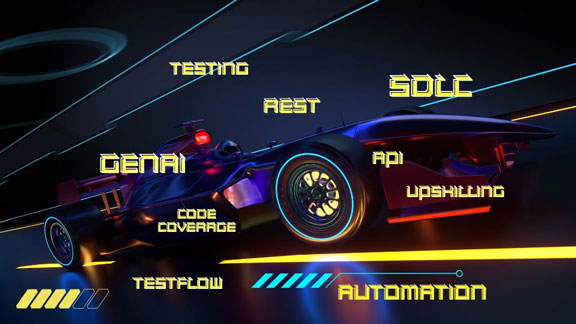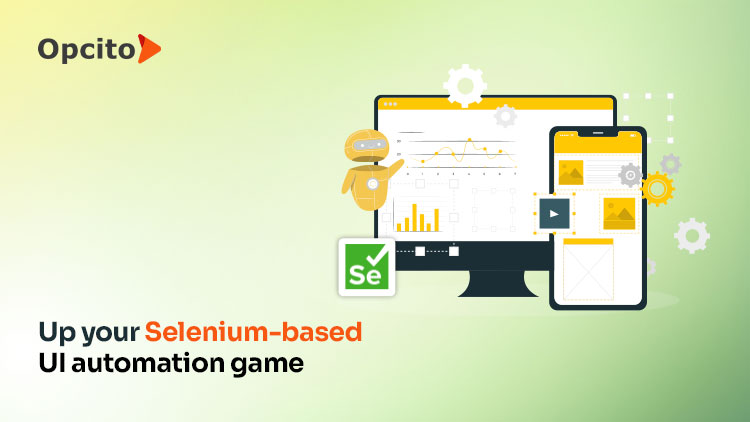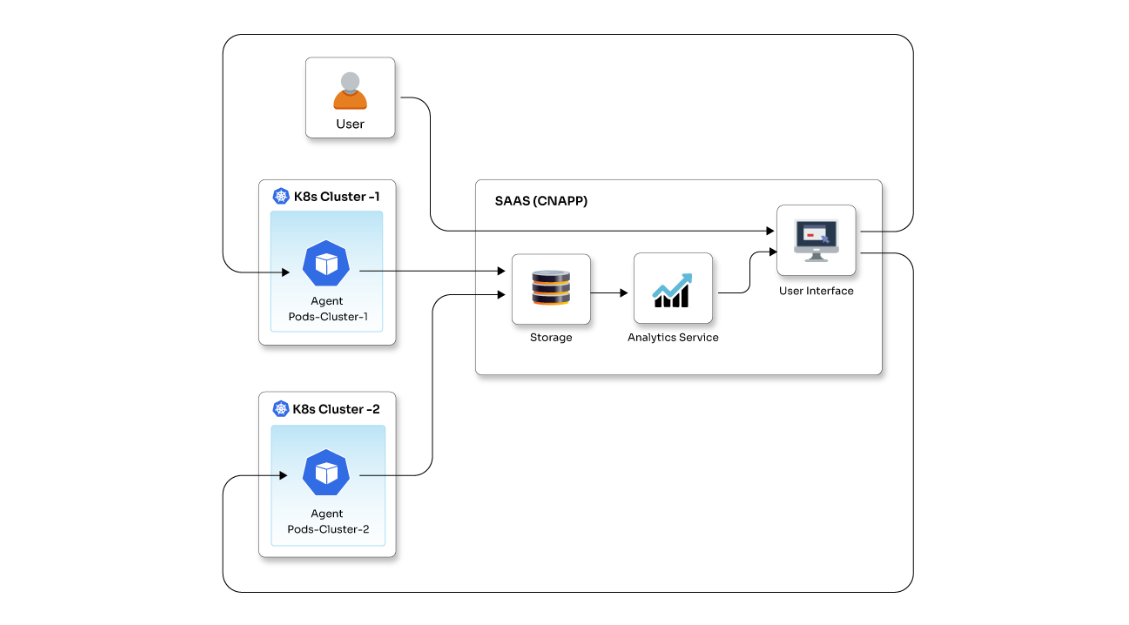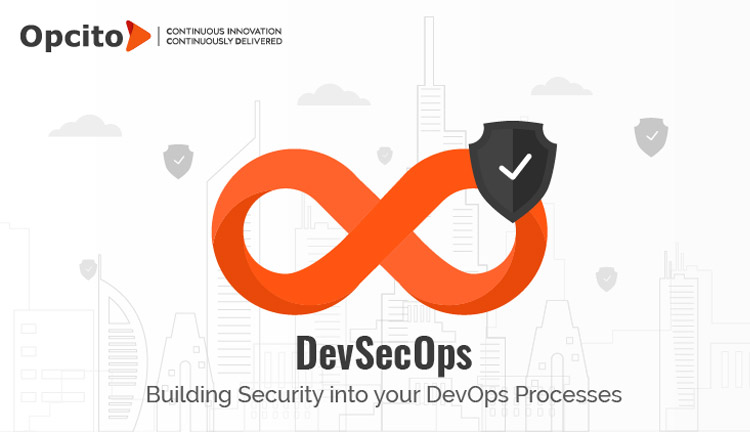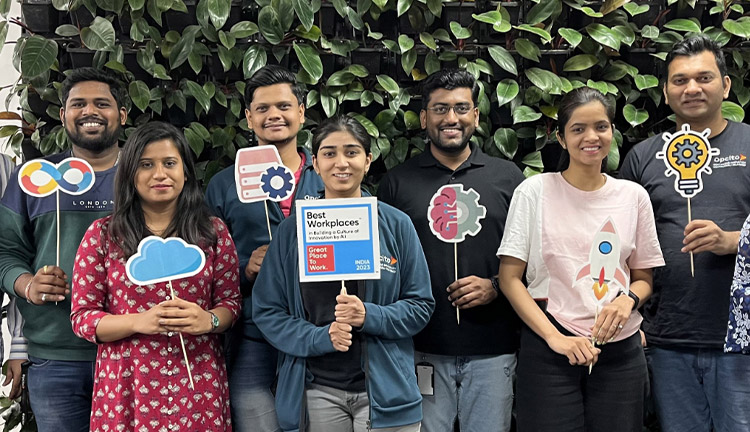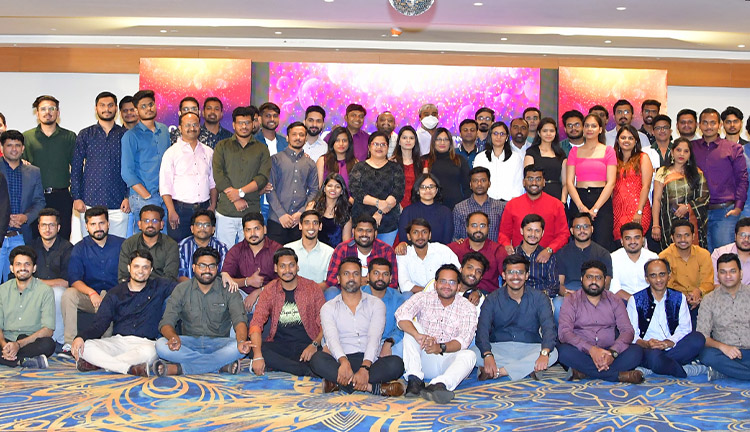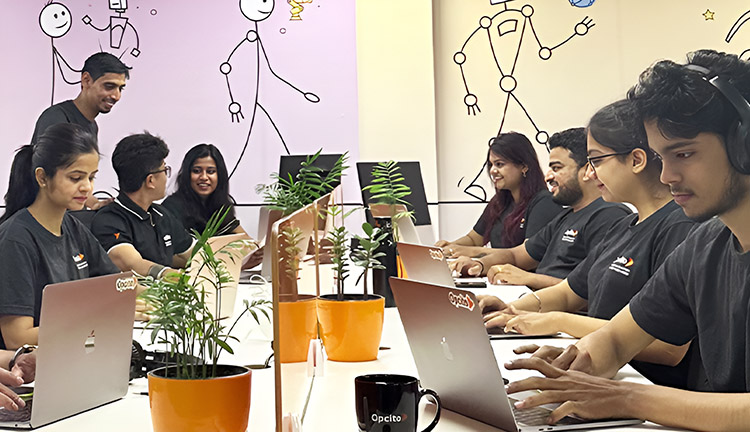How AI can do wonders to your Kubernetes

Posted By
Abhijit Kharat

Kubernetes has fundamentally reshaped the landscape of container orchestration, offering a robust and scalable platform for deploying and managing complex applications. As we approach KubeCon 2024, it's evident that Kubernetes has firmly cemented its position as the industry standard. However, as Kubernetes environments grow in scale and complexity, traditional management methods often struggle to keep pace. The sheer volume of configurations and the dynamic nature of containerized workloads often overwhelm users.
This is where Artificial Intelligence is stepping in. With its ability to learn from vast amounts of data, reason through complex scenarios, and make intelligent decisions, AI is poised to revolutionize Kubernetes management. Let's look at how AI transforms how Kubernetes is used.
AI-powered Kubernetes in the new era of automation
You may be wondering how AI can help Kubernetes management. Artificial Intelligence is changing the way we manage and operate Kubernetes clusters. Automating routine tasks like cluster provisioning, workload scheduling, and configuration management frees up valuable time for developers and operations teams. Furthermore, AI-powered tools can analyze vast amounts of telemetry data to proactively identify potential issues and prevent failures, improving overall system reliability. We have used deep learning to optimize resource utilization by dynamically adjusting resource allocation based on real-time workload demands and have seen huge progress in ensuring optimal performance and cost efficiency. By automating repetitive tasks, intelligent systems empower teams to focus on strategic initiatives and drive innovation.
What are the benefits of AI in Kubernetes?
- Analytics and failure prevention: Real-time telemetry data monitoring enables proactive identification and prediction of potential issues.
- Intelligent cluster provisioning: Predictive scaling based on historical data, workload trends, and automated configuration streamline cluster management.
- Automated workload management: Optimized workload scheduling enhances efficiency by considering factors like resource utilization and application dependencies. Self-healing capabilities automatically resolve issues like failed pods and network problems.
- Rise in productivity: Automated manifest creation and code generation accelerate development and improve code quality.
- Troubleshooting and optimization: Root cause analysis through log analysis, performance optimization recommendations, and automated security response mechanisms enhance overall system health and security.
Real life problems solved by AI-driven Kubernetes automation
In my experience, these are the three most impactful use cases of AI-driven Kubernetes automation:
1. Optimizing compute resource allocation: Selecting the most suitable compute instance for a given workload is complex. Factors such as CPU type, memory, storage, and network bandwidth must be carefully considered. Optimizing these choices is crucial, as compute costs often constitute a significant portion of cloud expenditure.
Solution: Leveraging AI-powered tools can streamline this process. These systems can automatically identify the optimal compute instance based on real-time workload demands. Organizations can achieve significant cost savings and performance improvements by dynamically provisioning and decommissioning resources.
2. Automating scalability for peak performance: Kubernetes offers several autoscaling mechanisms, such as the horizontal pod autoscaler, vertical pod autoscaler, and cluster autoscaler, to optimize resource utilization and reduce costs. However, effective configuration and management of these mechanisms can be time-consuming and complex, especially when multiple autoscalers are involved. Additionally, open-source solutions, while capable of automating node provisioning and optimization, require significant setup and ongoing maintenance.
Solution: AI-powered autoscalers provide a more efficient and automated approach to scaling cloud capacity. These systems can dynamically adjust resource allocation by continuously monitoring real-time demand fluctuations without compromising application performance or incurring unnecessary costs. This intelligent approach simplifies the scaling process and minimizes operational overhead.
3. Accelerating workload migration for cost savings: Migrating workloads to manage and optimize costs is always a challenge. Identifying potential savings often requires in-depth analysis and manual intervention. Once these savings opportunities are identified, provisioning new instances and migrating workloads becomes time-consuming and disruptive. This delay can potentially diminish the return on investment from your optimization efforts.
Solution: AI-driven optimization tools can streamline this process by identifying the most suitable compute instances for a given Kubernetes deployment. These tools can then automatically replace non-optimized nodes with more cost-efficient options, minimizing downtime and maximizing cost savings.
The future is automated
While AI in Kubernetes management is still evolving, the past few years have shown a dramatic leap in its capabilities and reliability. Today's AI solutions offer a comprehensive suite of automation tools that work seamlessly to optimize your infrastructure. There's no denying the initial hesitation towards AI adoption. However, reverting to manual methods becomes increasingly tricky as you witness the tangible benefits of intelligent automation.
Opcito has always been at the forefront of embracing cutting-edge technology. We thrive on working with future-oriented solutions that keep us ahead of the curve. Our vision is a future where AI requires minimal oversight, freeing up engineers to tackle complex business challenges instead of managing infrastructure. If you want to leverage AI and boost your Kubernetes environment, Opcito's team of Kubernetes experts is here to guide you. We have extensive experience in AI implementation and a passion for exploring its potential. Don't hesitate to reach out. Contact us at contact@opcito.com and let an expert help you make the most out of your AI-powered Kubernetes management.
Related Blogs




